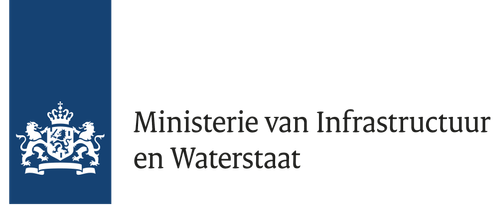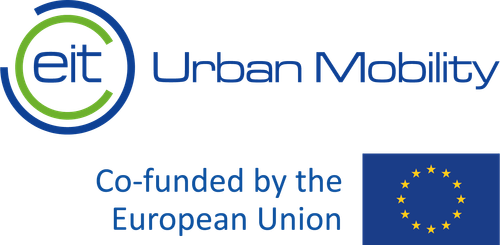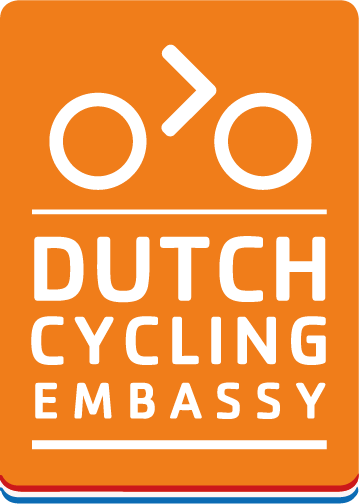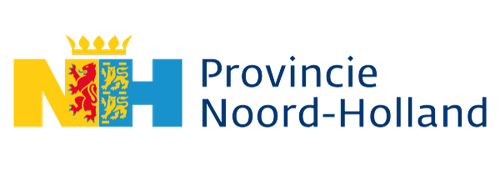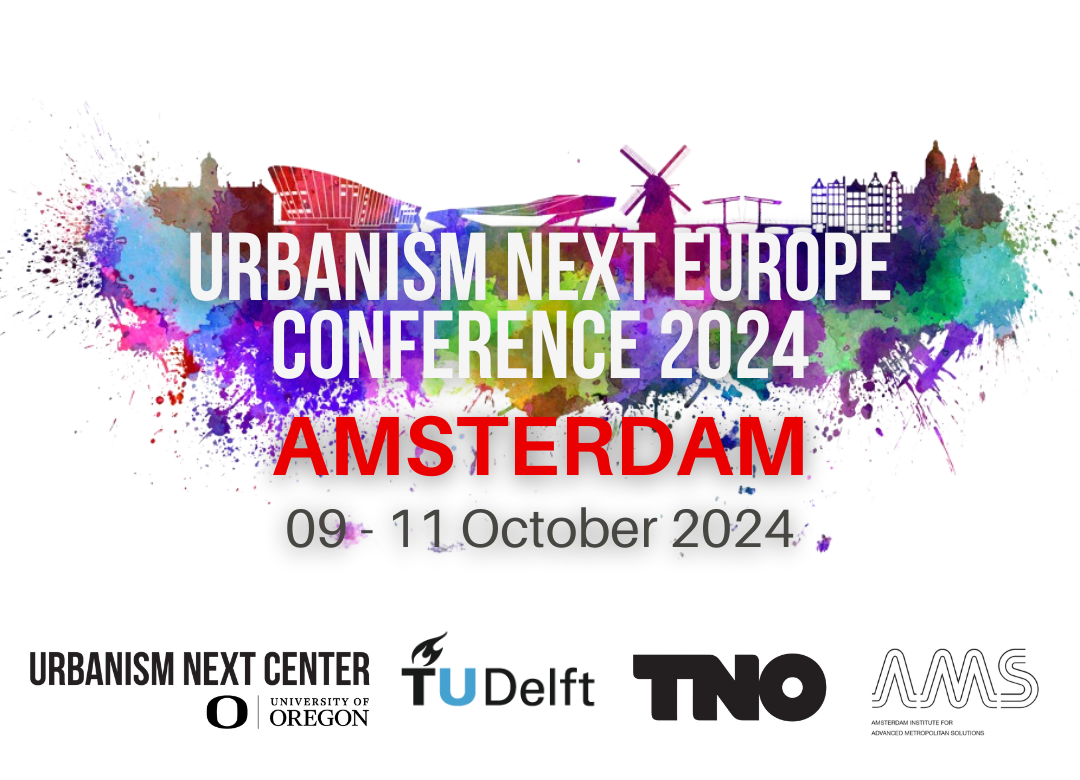
 Go Back
Go Back
Sustainable and Equitable Policies on Emerging Technologies
Location: Room - Opal II
Climate change, scarce space, energy crisis, polarization are increasingly large and complex societal challenges. Emerging technologies could offer a solution, if well implemented. This requires new policies aimed at a broad set of societal goals. This session explains the European policy paradigm shift towards sustainable and equitable policies that focus on welfare beyond GDP. In this session participants will discuss the need to fundamentally change the mobility system, policies and narratives to create room for emerging technologies to substantially contribute to sustainability and equity.
Presenters

|
Dr.Anne Brown, Assistant Professor, University of Oregon Anne Brown is an Assistant Professor in the School of Planning, Public Policy, and Management at the University of Oregon. She researches issues of transportation equity, shared mobility, and travel behavior. She holds a Master of Urban Planning and PhD in Urban Planning from UCLA. |

|
Menno Lijkendijk, Vice President Sales, Gaiyo Menno is an experienced professional in the high tech and mobility sector. In the past 6 years he has been active in the field of Mobility-as-a-Service (MaaS) in the consumer and business space. He is currently the VP Sales of the leading Dutch MaaS provider Gaiyo, with over 200.000 consumers and 200 companies as clients. Additionally Menno is a Board Member of the Smart Mile programme, which resides under the umbrella of the Dutch DMI-ecosystem. Here he works with both the public sector and private sector to innovate the way we organise and deliver mobility and related services. |

|
Eric Mink, Manager Innovation Unit, Ministry of Infrastructure van Watermanagement |

|
Diana Vonk Noordegraaf, Senior Consultant, TNO Vector Diana Vonk Noordegraaf (PhD) is senior consultant Strategy and Policy at TNO Vector, Center for Societal Innovation and Strategy, department of Sustainability and Spatial Governance. Diana has over fifteen years of experience in applied scientific research and policy advice in Mobility Policy, Governance, Urban Innovation and Strategy. Her main research topic is broad welfare and how this concept can be applied in policy practice to ensure that policies (also) contribute to sustainability and equity. She works on establishing new (public-private) partnerships, building knowledge agendas and participating in various projects in which innovation and societal challenges are key. In her work she connects strategy and governance with technical and methodological knowledge and insights in the impacts of societal transitions. Furthermore, she can bridge the gaps between various disciplines and align the interests of different stakeholders. Diana is capable of shaping and managing multidisciplinary design and research processes and facilitating complex policy and multi actor processes. Diana is the 2024 Urbanism Next Europe Co-chair, secretary of the steering committee and member of the program committee. |

|
Jaap Vreeswijk, Dr., Arcadis As a traffic and behavioural expert, Jaap has been working on mobility issues for over 17 years. Jaap is a sustainable mobility consultant at Arcadis and works on a variety of topics including mobility transition, traffic management, behavioural change, active mobility, partial mobility, sustainable mobility in area development and broad welfare. Jaap is committed to social and ecological issues, such as climate and justice. In his view, research into personal convictions, motives and values is at least as important as intellectual work. It is this inner undercurrent that, in free form, can be the key and driving force of change. |

|
Isabel Wilmink, Ir., TNO Isabel Wilmink studied Civil Engineering at Delft University of Technology and joined TNO as a traffic engineer in 1995. She has extensive experience in projects on sustainable traffic management and connected, cooperative and automatic driving, and scenario and evaluation studies on the effects of innovative traffic measures on different dimensions of welfare beyond GDP. This includes looking at the functioning of the mobility system and the impact of the mobility system on the living environment, accessibility, safety and health. Also, the distributional effects of measures on population groups, regions and time periods are taken into account. |






